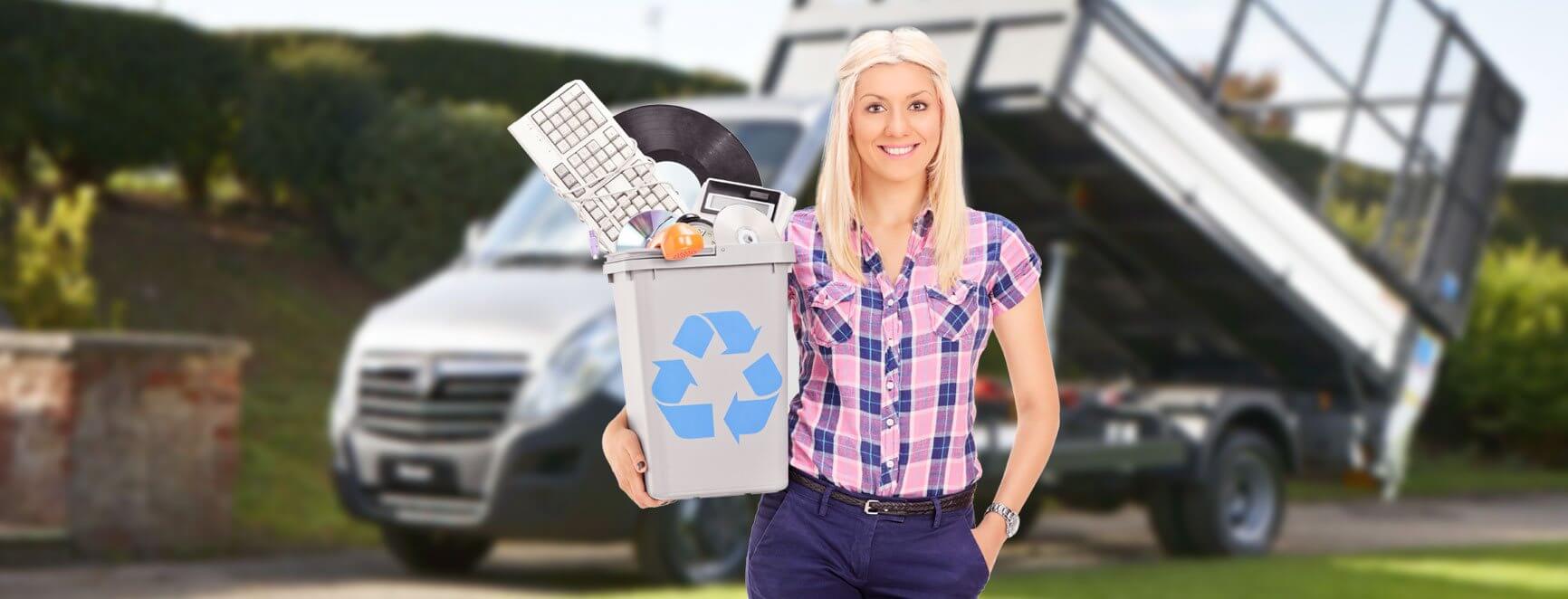Making a Difference: Recycling Options for Everyday Products
Posted on 21/03/2024
In today's world, the importance of recycling has never been more apparent. We are facing a global waste crisis and it is up to each and every one of us to do our part in reducing our impact on the environment. Recycling has become a crucial step in this effort, as it helps to conserve natural resources, reduce energy usage, and minimize pollution. But when it comes to everyday products, how can we ensure that we are recycling in the most effective and sustainable way? Let's explore some recycling options that can make a difference in our daily lives.
Recycling Paper Products
Paper is one of the most common materials we use on a daily basis, from newspapers and cardboard boxes to office paper and packaging materials. Unfortunately, paper production consumes a large amount of water, energy, and trees. By recycling paper products, we can significantly decrease the demand for raw materials and reduce air pollution caused by paper production.
Most paper products are recyclable, including newspapers, magazines, printer paper, and cardboard. When recycling these items, be sure to remove any non-paper components such as plastic windows or metal staples. It is also important to keep them clean and dry as contaminated paper cannot be recycled. Consider using scrap paper for notes or printing on both sides before tossing it into the recycling bin.

Recycling Plastic Products
Plastic has become an essential part of our lives due to its convenience and durability. However, it is also one of the biggest culprits of environmental pollution. Plastics take hundreds of years to decompose in landfills and can harm wildlife when not properly disposed of.
Fortunately, most types of plastic can be recycled. Look for recycling symbols on plastic products and check with your local recycling center for specific guidelines on what they accept. Some communities have implemented single-stream recycling programs where all types of plastics can be recycled together. Be sure to rinse plastic containers before tossing them into the recycle bin to avoid contamination.
Recycling Electronic Waste
With the constant advancements in technology, electronic waste has become a major concern. Discarded electronics such as phones, computers, and batteries contain harmful chemicals that can contaminate the environment if not disposed of properly. Recycling these items not only reduces the amount of waste in landfills but also allows for the extraction of valuable materials that can be reused.
Many electronics retailers offer e-waste recycling programs where you can drop off your old devices for proper disposal. Additionally, there are organizations and events that specialize in collecting and recycling electronic waste. Before throwing out your old gadgets, consider donating or recycling them to make a positive impact on the environment.
The Pros and Cons of Recycling
There are numerous benefits to recycling, including conserving resources, reducing pollution, and creating jobs. However, there are also some challenges and limitations to the process. Some materials may be difficult to recycle, especially when they are contaminated or mixed with other materials. Additionally, not all communities have access to recycling services or convenient drop-off locations. It is important to research and understand the specific recycling guidelines in your area.

Tips for Effective Recycling
To maximize the impact of your recycling efforts, here are some helpful tips:
- Educate yourself: Research what materials can be recycled in your community and how to properly sort and prepare them.
- Make it a habit: Set up a recycling station at home or work with clearly labeled bins for different materials.
- Reduce consumption: The best way to reduce waste is by consuming less in the first place.
- Buy recycled products: Encourage the market for recycled goods by choosing products made from recycled materials.
- Spread awareness: Share your knowledge with friends and family to inspire others to recycle and make a difference.
Takeaways
Recycling may seem like a small effort, but collectively it can make a significant impact on the environment. By following proper guidelines and tips, we can recycle our everyday products effectively and contribute to a sustainable future.
In conclusion, there are various options for recycling everyday products such as paper, plastic, and electronic waste. It is crucial to educate ourselves about recycling in our communities and make it a part of our daily routine. With the right knowledge and efforts, we can all make a difference in preserving our planet for future generations. Let's do our part in protecting the environment by recycling today!





